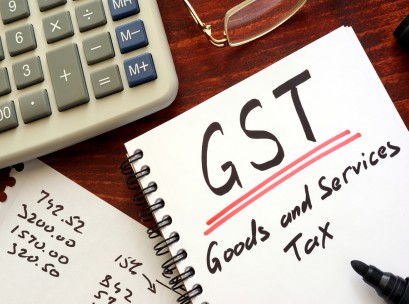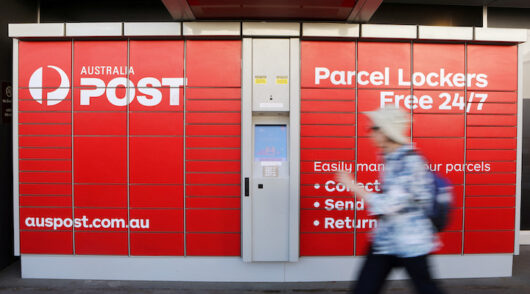 The GST on low-value imported goods generated $81 million in the first three months after it was implemented on July 1, the ATO this week revealed.
The GST on low-value imported goods generated $81 million in the first three months after it was implemented on July 1, the ATO this week revealed.
That is already in excess of the $70 million the tax was expected to deliver in its first 12 months of use, and revenue continues to track at 300 per cent of what was forecast.
Speaking at the OECD Value Added Tax/Goods and Services Tax Global Forum in Melbourne this week, Tim Dyce, deputy commissioner of the ATO, also revealed that the digital services tax has generated $272 million in its first year since being implemented, 180 per cent ahead of forecast.
These figures, he said, prove the low-value international online sales tax and digital services tax were not an impossible nut to crack, despite the opposition they faced from some corners of the industry at the time.
“There was a lot of discussion prior to their introduction about whether these kinds of measures could possibly work,” Dyce said, calling these the most significant changes in the way the ATO has collected GST since its inception almost exactly 20 years ago.
“Thanks to the right consultation and design, led by Treasury along with the ATO, and with important input from business, the measures have clearly been effective, which shows we can provide a level playing field for online and physical businesses and between domestic and foreign businesses.”
The low-value GST was pitched as a way to close a loophole that enabled overseas sellers to avoid charging GST on orders shipped to Australia that were under $1000, creating a price advantage over domestic bricks-and-mortars. Gerry Harvey was among those agitating for a tax to “even the playing field”.
Amazon, eBay and other online retailers initially opposed the tax, but once it was approved, weighed in on its implementation.
Dyce said the ATO has seen high levels of registration. He said he has received feedback from some online sellers that their business processes have improved and they have greater insight into sales performance since registering.
Some major online retailers, however, including Kogan.com and OzSale, have reported lower revenues since the low-value GST was implemented, as it has had a significant impact on their business models.





